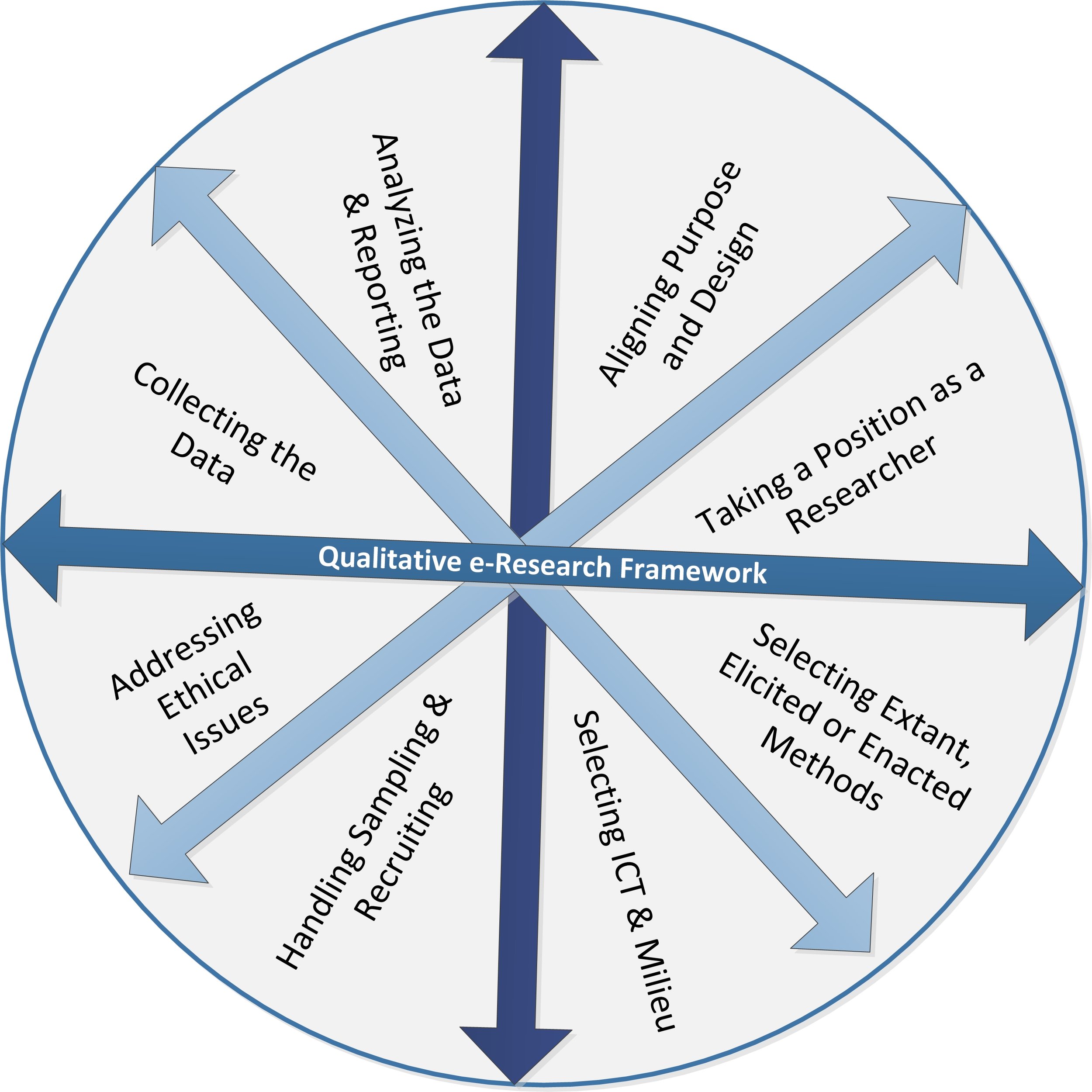Social media research and ethics: what does the user want?
by Wyke Stommel
Dr. Stommel brings clarity to the messy world of data collection on social media. See her previous Methodspace posts and interviews: Analysing Digital Interaction and Research Ethics & Extant Data.
Ethics are a continuous challenge to language and discourse researchers with an interest in discussions on social media such as Twitter (now X), Reddit, Facebook and Instagram. This challenge lies for example in the fact that asking users for permission is often not possible and that search engines complicate the use of quotations in publications because they may lead to the authors of post. When authors are retrievable, anonymization has failed. For this reasons, it has been argued repeatedly to carefully consider ethical aspects of this type of research and report on the reasoning and decisions for others to reflect on and/or take as an example (e.g., Stommel & De Rijk, 2021). One type of argument that may be used is what the social media users want themselves, and what they do not want, when it comes to research of their online language and behavior.
Multiple studies examined social media users’ perceptions, opinions and preferences regarding research (cf. Golder et al. 2017). Findings of such studies are valuable, but drawing on them for yet-to-be-developed research is nevertheless problematic: what some users considered acceptable in the past, can not be taken as a license for future research practice. Therefore, we were wondering whether it was possible to engage in a discussion with social media users themselves about research into their own community and how one could develop such a discussion on the platform itself. In this article – it’s in Dutch, but hopefully Google Translate is helpful – , we report on our experiences.
We initially decided to focus on Twitter, Reddit, Facebook and Instagram but the structure of Twitter and Instagram turned out to be a first impediment, as they work with followers rather than thematic groups. Approaching a certain network (user + all followers) would only work through a specific account and our attempts to engage account holders for our questions (avoiding academic networks) were fruitless. On Reddit and Facebook we identified apparently non-political, general discussion groups and sent a direct message to the group administrators. Although these were willing to cooperate, it turned out to be rather difficult to “talk” to the group members about research on their discussions. We provided “dummy” posts to distinguish between different types of information including more and less opinionated messages, more and less intimate messages and images with and without recognizable faces, but relatively few users responded and those who did seemed to have (partly) misunderstood what discourse analytic research is, seemed slightly indifferent or hardly outspoken. Due to the asynchronous nature of interaction on these platforms, it proved difficult to repair misunderstandings and pose follow-up questions.
Nevertheless, there were certainly also a handful of responses that indicated that engaging users through their own platform can work. These included warnings for trolls and concerns to do with vulnerability of users. It was also important to us to realize that most users are unaware of the fact that there is an academic interest in their online linguistic and social behaviors (and not just marketing or “big data” research). So, although there is no guarantee for success, we would recommend researchers to at least consider asking users what they want.
Golder, S., Ahmed, S., Norman, G., & Booth, A. (2017). Attitudes toward the ethics of research using social media: A systematic review. Journal of Medical Internet Research, 19(6), e195.
Stommel, W. & De Rijk, L. (2022). Ethisch verantwoord onderzoek naar posts op social media: Hoe raak je hierover in gesprek met gebruikers van een platform?, KWALON, 27(2), 122-133
Stommel, W., & De Rijk, L. (2021). Ethical approval: none sought. How discourse analysts report ethical issues around publicly available online data. Research Ethics. https://doi.org/10.1177/1747016120988767

















Informed consent is the term given to the agreement between researcher and participant. In this post Janet Salmons offers suggestions about the intersections of the Internet communications, ethics and participants.